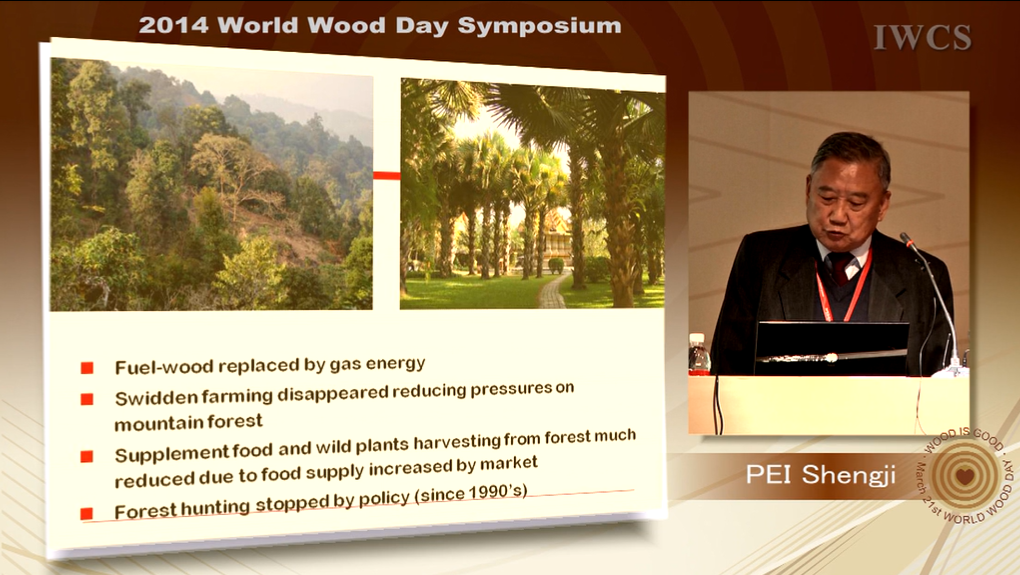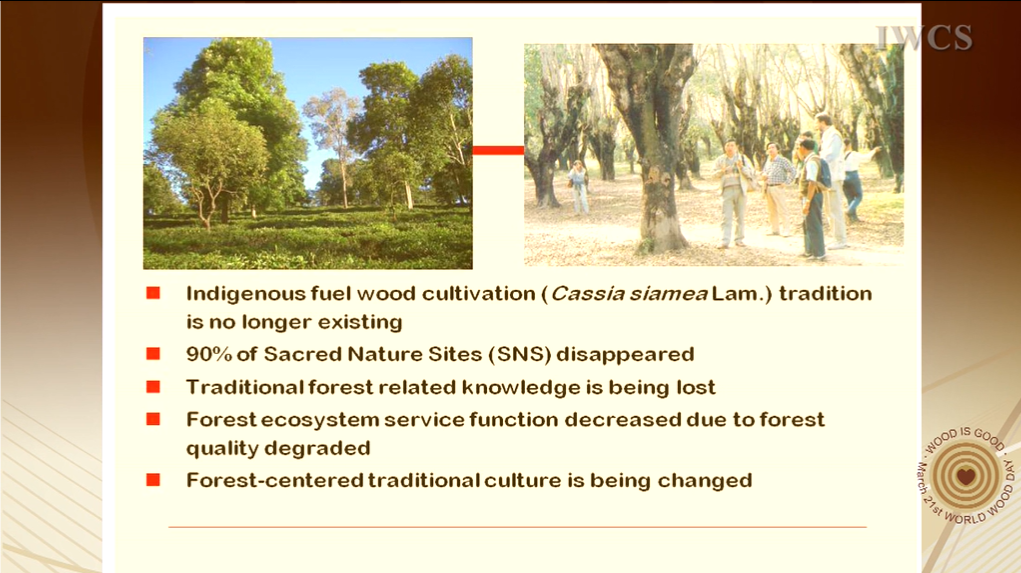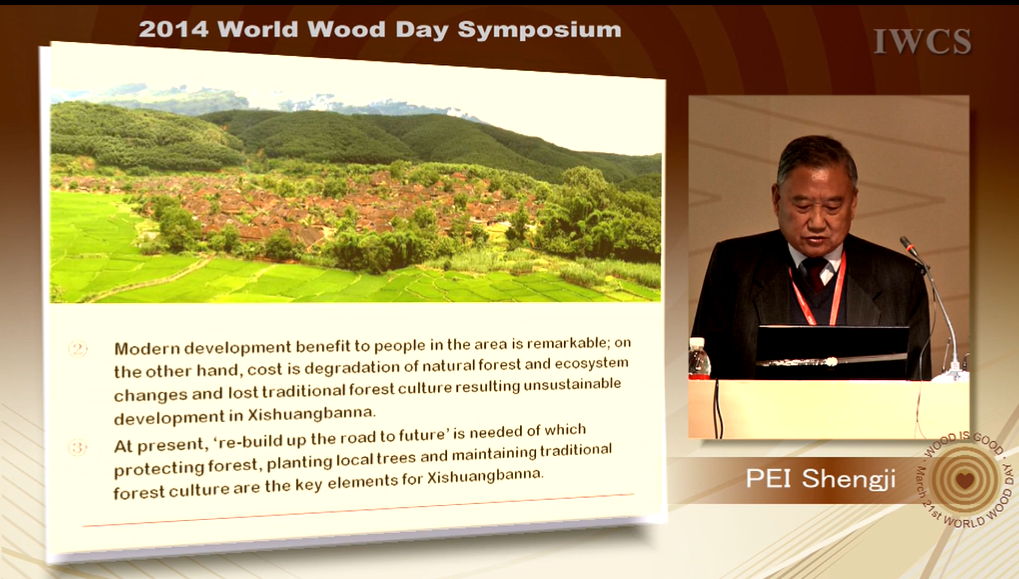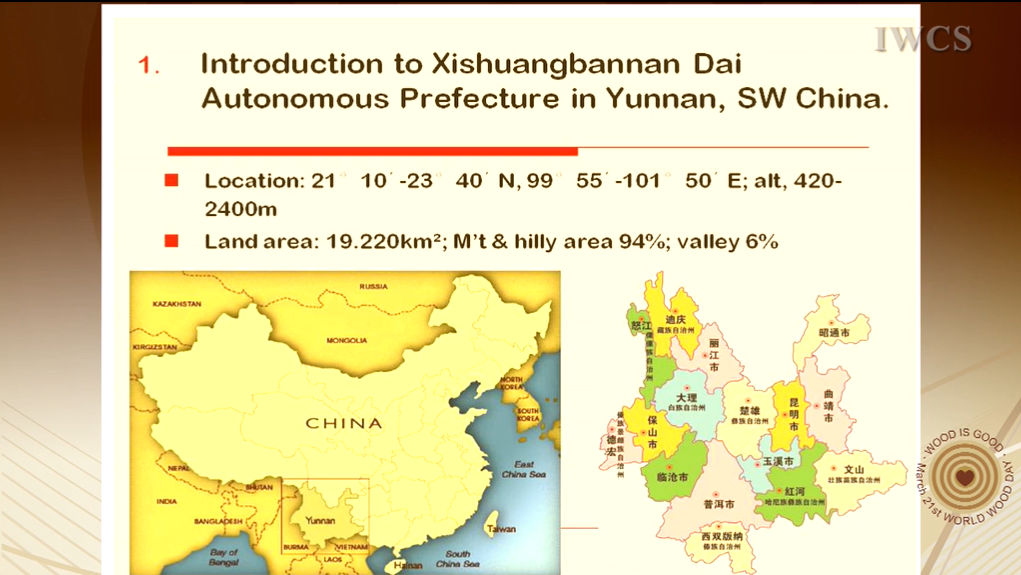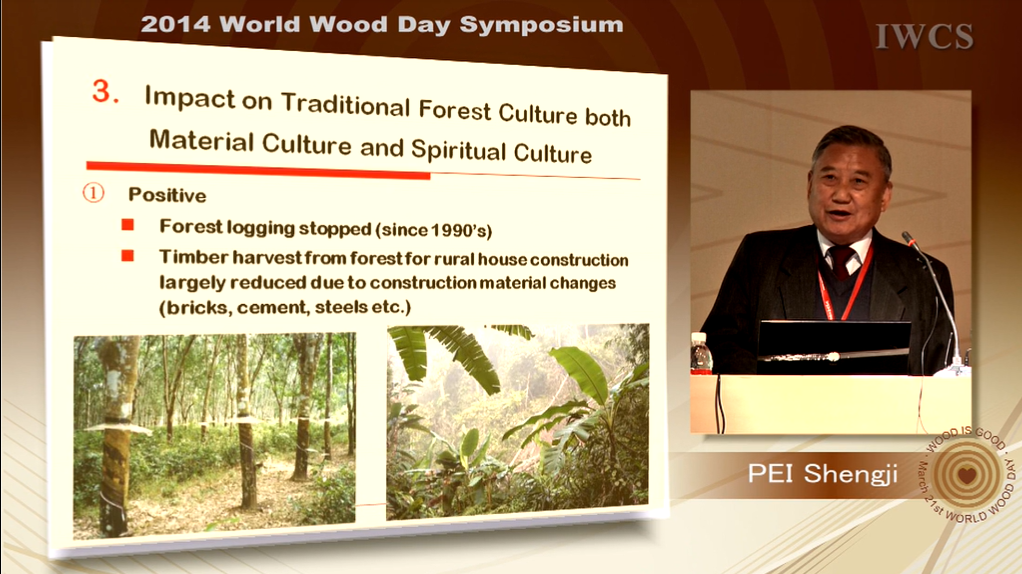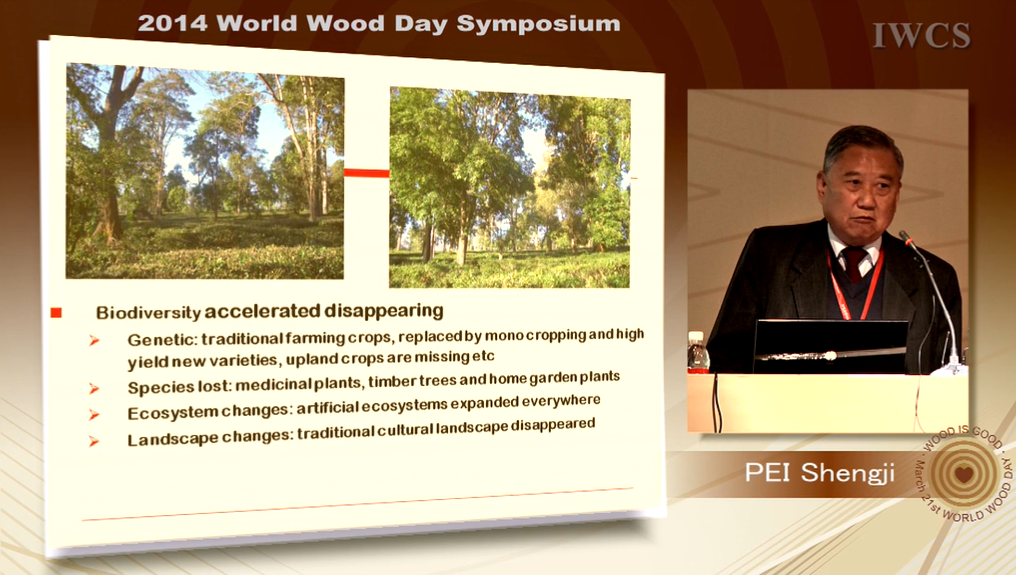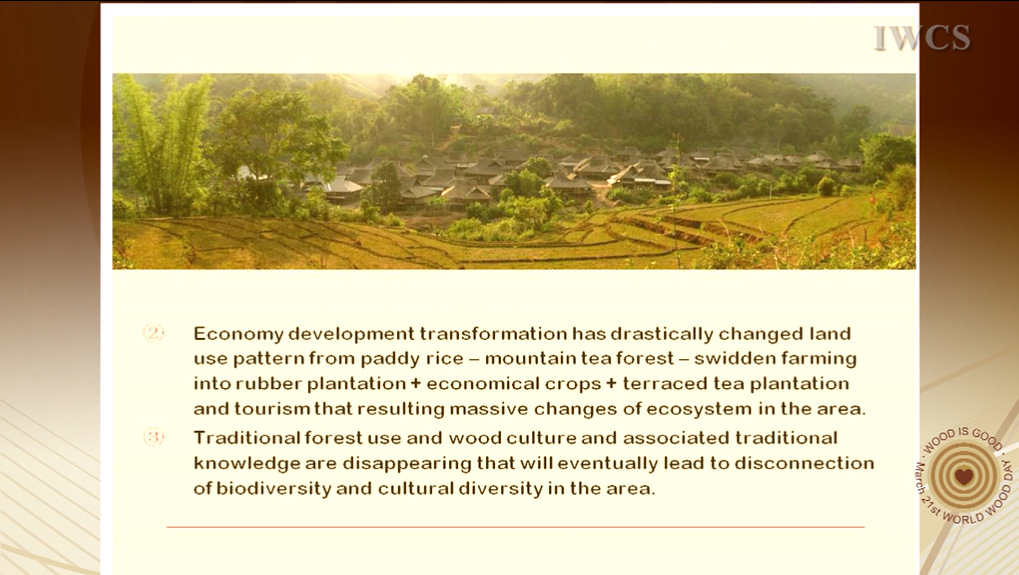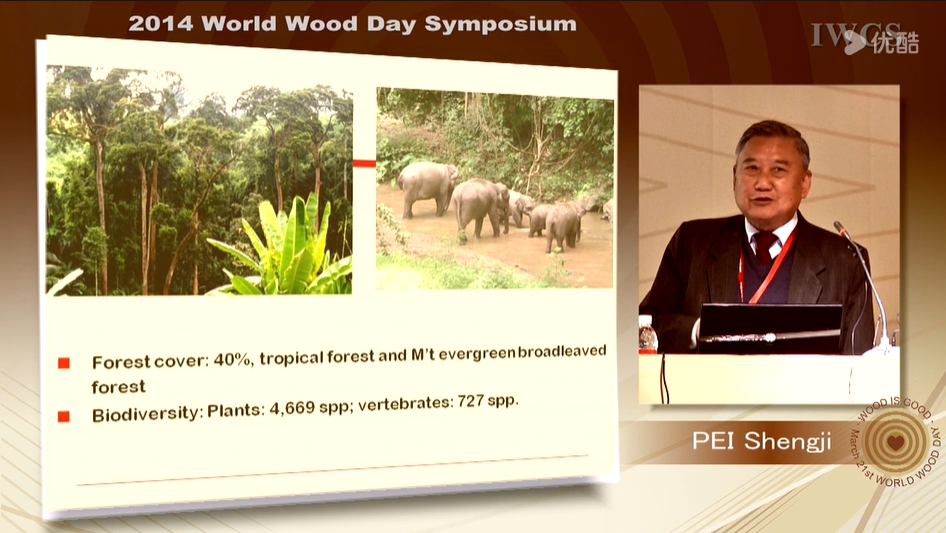会议时间:3月21-22日
会议地点:福建·仙游 中国古典工艺博览城
报告人:裴盛基
中国科学院昆明植物研究所
Abstract
The Xishuangbanna Dai Autonomous Prefecture is located in the south of Yunnan Province (21°10´-23°40´ N, 99°55´-101°50´ E). About 94percent of a total area of 19.220km² of Xishuangbanna consists of mountainous and hilly terrain. Tropical forests cover about 40 percent of the land with the richest biodiversity in the country. The 4,669 species of vascular plants recorded in Xishuangbanna make up 18 percent of China’s total, while the 727 recorded vertebrate species number 20 percent of the total. 13 of Yunnan’s ethnic group live in Xishuangbanna with a total population over 1 million of which 35 percent are the Dai (who have a population 1 million in Yunnan as a whole). The Dai have a long history of traditional forest culture and nature conservation is part of their customary lifestyle. The Dai have developed a paddy rice cultivation oriented economy in the valley and the mountain people Hani, Jinuo and Bulang have a long tradition of tea cultivation and swidden farming in the mountain forest are to support their subsistence economy over hundreds year.
Over the last half century, a remarkable change was happened in socio-economy-environment of Xishuangbanna. A great progress has been made in political system, people life and living standards as well as public facilities. At the same time forest land was largely converted into rubber plantation, biodiversity is declining and environment is degraded. The changing Xishuangbanna today is seen as a good example of China’s modern development and globalization linkages. The impact of modern development on traditional forest culture is suggested to be a strong support to analysis the impact on traditional forest culture both positively and negatively. This paper discusses: Positive impact covering large reducing timber and fuel wood harvesting from forest; stopping shifting agriculture in mountain forest area; prohibition of hunting, and livelihoods of rural people much improved. Negative impact including large forest land converted into rubber plantation; forest degradation, biodiversity lost, and disappearing of traditional knowledge on forest management and conservation that will be leading to s significant change of people’s cultural values on forest including wood culture and sustainable development in the region.
Key woods: Forest culture, Xishuangbanna, modern development, impact, regional sustainable development.
Speaker Biography
Dr. PEI Shengji, Research professor at Kunming Institute of Botany, Chinese Academy of Sciences
Pei Shengji is a research professor at Kunming Institute of Botany, Chinese Academy of Sciences, founder of Chinese ethnobotany, fellow of Linnean Society, member of IUCN-WCPA-CSVPA; ex-President of International Society of Ethnobiology (ISE, 1998-2002); Division chief of Mountain Natural Resource, International Center for Integrated Mountain Development(1990-1998); Director of Xishuangbanna Tropical Botanical Garden, Chinese Academy of Sciences (1983-1986); After retirement in 2003, he is still active in BioCultural Diversity research and forest related traditional knowledge studies and conservation activities in China and Southeast Asia.
责任编辑:iwcs25Z/H


 3,756
3,756

